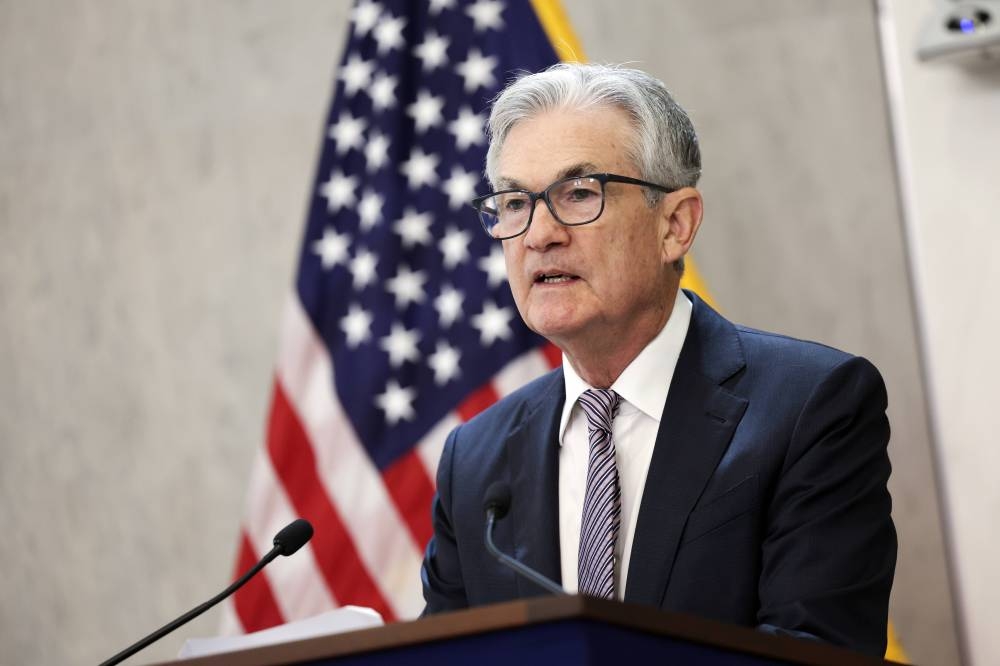
WASHINGTON, June 19 — Federal Reserve Governor Christopher Waller on Saturday threw his support behind another large interest rate increase next month.
The Fed on Wednesday announced the biggest hike in nearly 30 years, raising the benchmark borrowing rate by 0.75 percentage point in the ongoing effort to rein in scorching inflation.
“If the data comes in as I expect, I will support a similar-sized move at our July meeting,” Waller said in a speech prepared for delivery to a conference in Dallas.
“The Fed is ‘all in’ on re-establishing price stability.”
In recent weeks, the central bank had telegraphed plans for a half-point increase, but a surprise resurgence in consumer prices, which have risen at the fastest pace in four decades, changed its thinking.
The super-sized rate increase came as the Fed faces intense pressure to curb soaring gas, food and housing prices, spurred by the fallout from the war in Ukraine as well as Covid-lockdowns that have disrupted global supply chains.
Fed Chair Jerome Powell said after the decision was announced that another three-quarter-point increase is possible next month.
The shift towards a more aggressive stance has opened the Fed up to criticism that its policymakers were caught off guard by rising prices and should have moved more quickly to remove stimulus money from the economy, which now faces a growing risk of recession.
Waller said central bankers were trying to prepare markets by offering guidance about when it would stop purchasing bonds, and what criteria it would look for before beginning to raise rates off zero.
They modelled the plan off the experience a decade earlier in the wake of the global financial crisis, when it took nearly a year to taper asset purchases, and another year to hike rates.
“This gradualism worked well then, and it surely influenced the committee’s approach this time,” he said.
However, officials had to “pivot hard” to accelerate the process after it became clear the economy and employment were recovering faster than expected in late 2021, rather than slowing as the data initially indicated.
The Fed should in future ensure the criteria it lays out for policy shifts are flexible enough to allow officials to change tack, rather than being locked in to a particular course, Waller said.
But “I hope we never have another two years like 2020 and 2021,” he said. — AFP